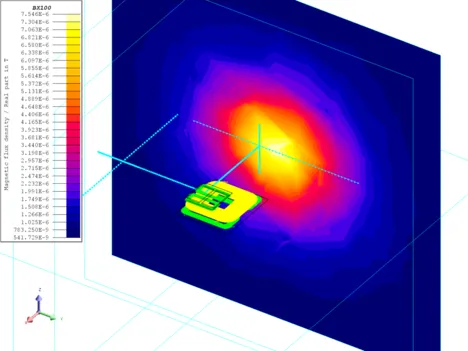Challenge
The cooperation project aims to research and implement an intelligent contactless charging station for charging battery-powered electric vehicles. A key objective is to increase the charging power currently available so that larger vehicles in particular, such as trucks, buses or SUVs with correspondingly high power requirements and high ground clearance, can be charged in an acceptable period of time. In this project, the objective is therefore a power class of 50 kW in order to implement the "WPT5" power range recently redefined in the standardization. Another core objective is the research and realization of an autonomously functioning contactless charging station suitable for public use as a demonstration object. In particular, research is needed to find solutions to the as yet unanswered questions regarding interoperability, compensation of coupling fluctuations (distance and positioning), thermal challenges due to very limited cooling options for the electronics, and compliance with limits for radiated electromagnetic fields. Against the background of increasing automation, digitalization and diversity of transport infrastructure and vehicle systems, the availability of a public, contactless charging option is a decisive factor for the transport turnaround and social acceptance of electromobility.

At the beginning, a topology comparison is carried out, whereby different coils are examined for their suitability for high performance. Based on this, a topology is selected and, in addition to being realized as a prototype, subjected to an optimization process by means of simulations.
The main focus is on the handling of the high currents to be expected and the resulting magnetic field or scattering. Suitable shielding measures must be developed to comply with normative limits and thus ensure safety.
Furthermore, the requirement of 50 kW nominal power also requires the consideration of thermal aspects as well as the current load in the entire system section, whereby the optimization with regard to power and energy density gains additional relevance.
Informations
This research project is funded by the Bavarian State Ministry of Economic Affairs, Regional Development and Energy as part of the "Digitization" funding line to the "Bavarian Collaborative Research Program (BayVFP)" guideline.
- Duration: from September 2020
- Project sponsor: VDI/VDE Innovation + Technik GmbH